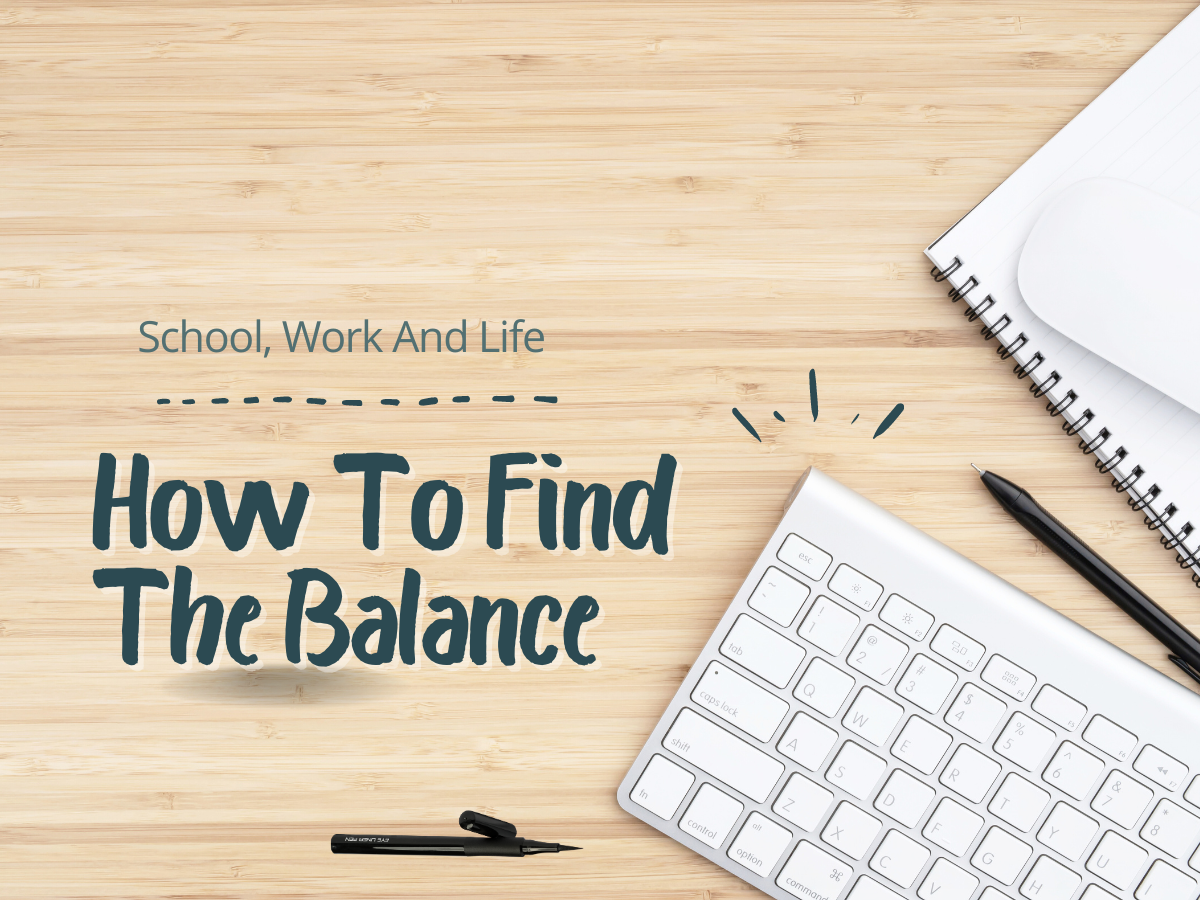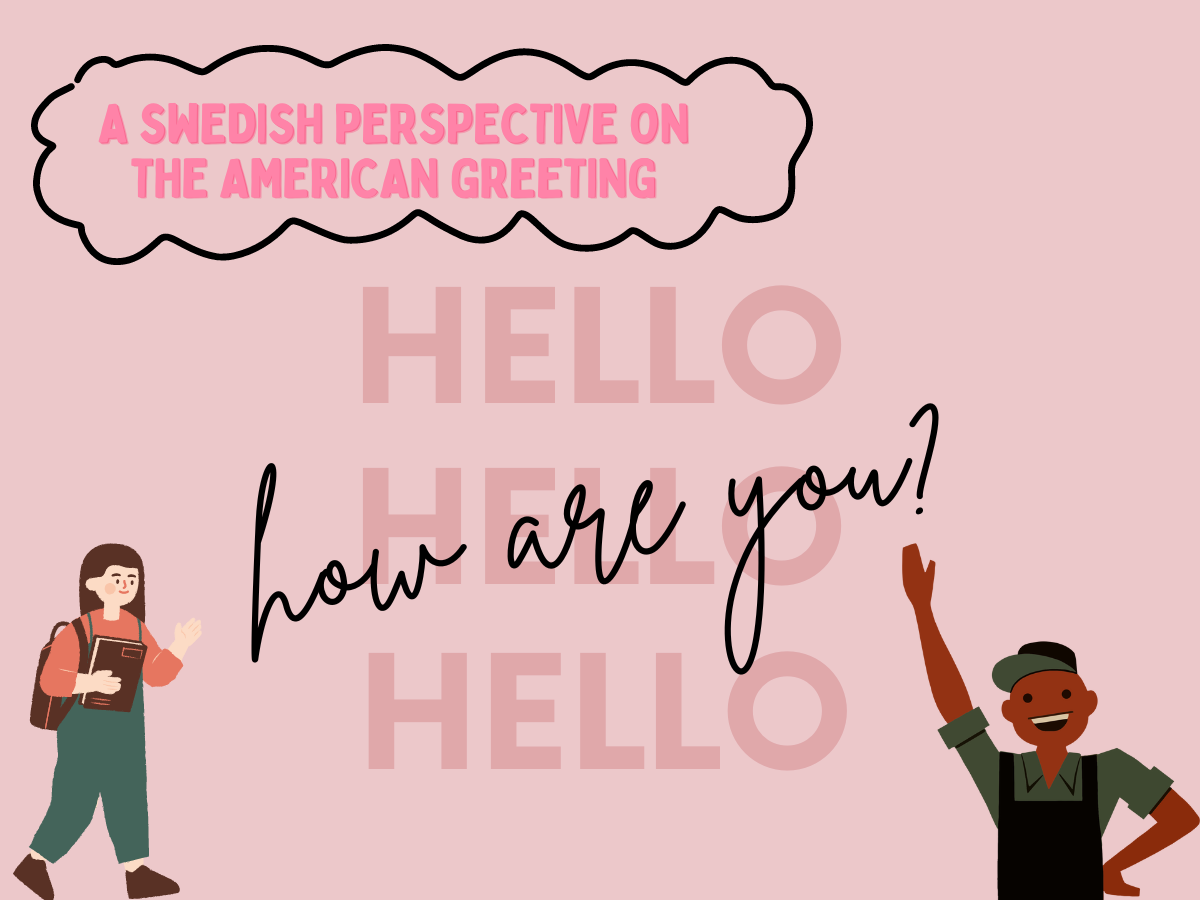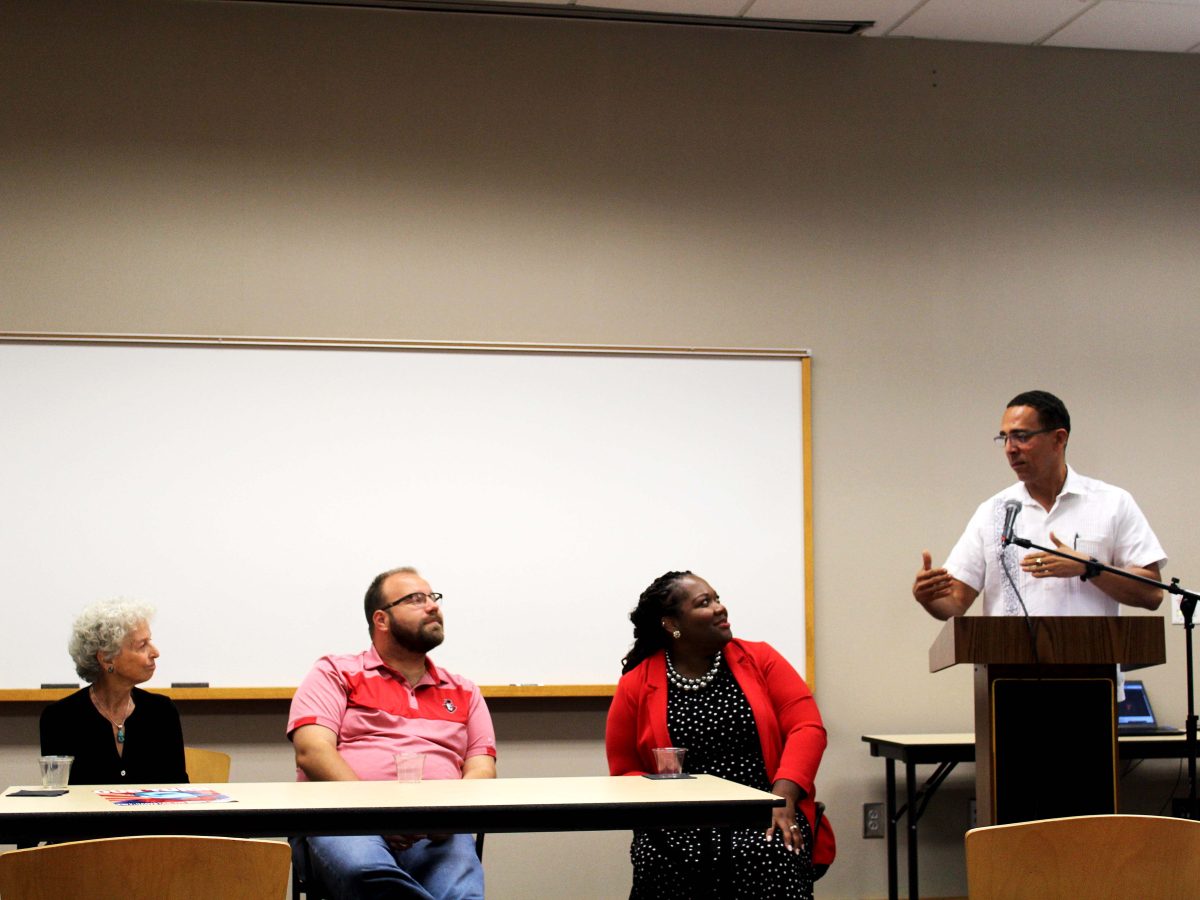One of the worst feelings after coming out is that no matter the reception, you feel like you did not “come out” correctly. Despite the very special episodes you may have seen where a character is out and their identity is henceforth a nonissue, it rarely ends there.
Coming out is a continual process that you have to go through as an LGBTQ person. You will have to out yourself when the circumstances call for it, such as during medical examinations or when forming new relationships. You will have to pick and choose who you out yourself to, and sometimes, you end up trusting the wrong person.
If you went through the trauma of being forcibly outed, coming out no longer feels like your decision. At best, people might ask invasive questions or make presumptuous comments at your expense. At worst, you risk being ostracized, harassed or even violently targeted. Even if it works out in your favor and you have a community that supports you, part of you cannot see it. It feels as though your identity can never escape the shadowy stigma that has been tacked onto you.
Not only that, but if you are one of many LGBTQ people who realizes more about your identity after officially coming out, this can throw everything into question. How could you have not realized this about yourself sooner? Is it too late to be questioning this? What does this say about the rest of you?
Who will believe you now?
If someone were to ask me if I always knew I was queer, the answer would be, “Yes and no.”
While it is a common narrative to know your sexuality or gender identity since childhood, I did not acknowledge either as a kid. If I thought a girl was beautiful and I wanted to be her friend, I said it. If I wanted to joke about kissing girls or liking all of the boys in my grade, I did. If I expressed interest in being equally tomboyish as I was girly, I did just that.
Deep down, I never thought that who a person liked, what they wore or what they liked were bad things. But with the lack of LGBTQ information and normalization at the time, the way I “learned” about those things were from others around me.
I was taught by my conservative extended family that gay marriage was inherently wrong and sinful. I heard the word “gay” used as an insult in 5th Grade. I remember hearing kids on the bus make disparaging remarks about Adam Lambert, who came out as gay in 2009. It boggles my mind that kids not only knew about gay people, but they also decided these people were to be hated.
When I was younger, I was conditioned to think that adults were always right and kids were always wrong. I even felt this way with adults I trusted, such as my parents or my favorite grade school teachers. Because of this, I believed what I was told and compartmentalized any differing opinion I had on the matter. And I never reconsidered anything about it—until a middle school Valentine’s Day dance.
For the record, I did not enjoy that dance at all. A guy I liked at the time was being an idiot and refusing to admit he liked me. My “friend” tried to pair me up with an upperclassman who was previously mean to me. The upperclassmen pulled a nasty joke by having him dance with me at first and then leaving me standing by myself in the middle of it. They had another guy dance with me as part of the joke and it was all another good laugh to them. I stood behind the decorated boards for the rest of the night because I felt so humiliated. Needless to say, it was a miserable experience.
But in the midst of things, a girl from a different grade offered to dance with me. We had our hands on each other’s shoulders the whole time because I was too nervous to put my hands on her waist. We talked throughout the dance, and it was a pleasant conversation. She was beautiful, and she said I was beautiful, too. Given that most people in middle school bullied me during my transition to 6th Grade, I have no way of knowing if this was a genuine act of kindness or well-meaning pity. Either way, that was the best part of the night, and I realized that my affection for girls was not followed by a “no homo.” It was all of the homo imaginable.
It was the most amazing feeling in the world—and the most terrifying.
I had no way to broach the topic about my sexuality to anyone, so I just refused to acknowledge it. If people even joked about me being gay, I would get angry and defensive. One time, I cried when my mom jokingly suggested I had a crush on my toxic middle school friend. I was so scared that she knew and I was not ready for anyone to know.
In online spaces, I dealt with this weird limbo where I was seemingly both accosted for expressing any interest in LGBTQ representation or for acting against it. It was dumb of me to get defensive about sexuality when I was literally writing slash fanfiction and the homoeroticism was far from covert. But at the same time, people in shared fandom spaces would lash out at the idea of a character being gay as if that was the worst thing in the world. It felt like people were tag-teaming on what type of validation (or lack thereof) I would receive that week.
My sexuality remained latent until I was 16. My decision to come out was fueled by both internalized pain and the desire to relieve it. The more I had to listen to other people’s dehumanizing opinions about LGBTQ people, the more miserable and ashamed I felt for something that was out of my control. This was one of many things that wrecked my mental health as a teenager and prompted an ongoing journey of trying to recover from things I had yet to know were hurting me.
Eventually, I reached the point where I could no longer keep it locked away, and I came out to my mom as bisexual.
I received a variety of reactions to me coming out, and the majority of them were not great. The most “positive” reaction I received was indifference. I understand what my high school friends were trying to do at the time (especially since two of them also identified as bisexual), but this was not the validation I needed at the time. I needed to be told that it would be all right and not that after all those years of stressing about it, it was “whatever.”
I had my identity fetishized by gross men who saw bisexuality as something that exists for their entertainment. I also had it objectified by adults who emphasize the sexual aspect of a queer person’s orientation as though it is foreign in comparison to heterosexuality.
Above all else, I had people’s unwarranted opinions about how “ungodly” my sexuality was spoon-fed to me.
My sexuality was treated as a symptom of being an alleged attention-seeker who was the cause of their own problems. My former therapist told me that I could not actually know my identity unless I was intimate with the right guy. A former boyfriend discovered my sexuality against my wishes and made me listen to his tangent about how LGBTQ rights “promote secularism” whilst expecting me to sympathize with him.
I once listened to one of my aunts tell me that my sexuality was “the devil’s playground” and that God would not be there for me. Even as I sobbed uncontrollably, she did not relent. The only comfort I received from my family afterward was hearing them defend her beliefs as her “opinions” and reprimand me for not respecting them.
I felt like a child again. I was constantly told that I was wrong and the adults in my life were right, end of story. I grew up enduring complex, inescapable trauma that robbed me of any autonomy over my body, my mind, my emotions, my interests—and this was just one more thing.
But things got even more sticky when I discovered I was also nonbinary, and I essentially went through the whole “coming out” process all over again.
Like a lot of people, I did not have a clue about gender identity until Caitlyn Jenner came out as transgender in 2015. That same year, I learned about nonbinary genders via social media. I did not have the nuanced knowledge about gender that I do now. However, when considering my gender, I still feel the same as I did when I first realized my nonbinary identity. I feel more euphoric from identifying with a label that best describes me than I do dysphoric from cisgender people imprinting their expectations onto me.
I accept both they/them and she/her pronouns. I prefer they/them pronouns, but I do not hold it against someone if it is easier to refer to me with she/her pronouns. I contemplated what my name would be, as I no longer felt any connection to my birth names. As I realized I was nonbinary and wanted to have a more unisex name, I chose the name “Juno.”
Coming out as “Juno” went beyond just being candid about my gender. I was almost 18, and I wanted to leave behind the person I was previously known as. I wanted to feel like my life was becoming my own for a change. I settled on “Juno” because it not only was a fitting gender-neutral name for me, but it also has mythological connotations that I hold dear to my heart.
Alas, I still had the same naïveté as before when coming out about my sexuality. I thought that those in my life, particularly my family, would be OK with it because they would immediately know how important it is to me. But that did not happen overnight.
I had not even come out about being nonbinary yet, but I dealt with pushback for wanting to go by “Juno.” I expressed discomfort at being deadnamed, but I was instead made to apologize for being inconsiderate to my family. I had my emotional boundaries disregarded and was scolded for being “selfish.”
That was not the most infuriating thing about it.
Even after making my discomfort known, I was still deadnamed for a while and expected to be OK with it. When I made my nonbinary identity clearer to them, I had my femininity emphasized in place of acknowledging my actual gender. I was told to prioritize everyone else’s feelings about my identity, which came at the cost of my own. I was expected to uphold the promises I made to them whilst they overlooked their promises to better understand and listen to me.
That was not the most infuriating.
I remade my identity for the sake of leaving my old self behind. I wanted to overcome what I was perceived to be and prove to others what I was capable of. But in an instant, I regressed back to all that I was known for. I felt helpless, ignored and condescended to. I felt like I let myself conform to what others wanted because it was easier to say I was wrong than to prove I was right.
I went through numerous retraumatizing situations that continued well into this year, and in the process, my chronic lack of autonomy became disturbingly palpable. Everything compounded onto my declining physical and mental health within the next five years, which led to people belittling me and further enabling this cycle of feeling locked into a degrading stereotype of who I wanted to be. I felt so suffocated by what was expected of me that I thought I would die before I could become who I have always wanted to be: established and accepted.
That was it.
The worst thing about discussing my years of self-actualization is the knowledge that I am incredibly lucky compared to other LGBTQ people.
Whilst my immediate family came to accept my queer identity over time, there are a lot of LGBTQ youths who are more likely to experience homelessness as a result of their toxic environment. According to the FBI’s Hate Crime Statistics report from last year, 19 percent of the 7,120 hate crimes reported in 2018 were targeted attacks at LGBTQ people. That accounts for 1,347 reports of anti-LGBTQ hate crimes with 60 percent of them being targeted against gay men.
Several surveys conducted by the CDC found that lesbian, gay and bisexual people are more likely to experience physical or sexual violence in comparison to the percentage of straight victims. In particular, bisexual women and transgender people are said to face the most alarming rates of sexual assault out of other people within the LGBTQ community.
Not only that, but there are still so many LGBTQ people who are not currently safe enough to come out. Perhaps they are aware of these potential consequences and do not want to risk anything important to them. Or maybe they are not at a point in their life where they have come to terms with who they are and do not want to put unnecessary pressure on themselves.
I am happy to currently have a healthier understanding of my queer identity—both my bisexuality/pansexuality and my nonbinary gender—than I did as a closeted teenager with no normalization or healthy representation to turn to. However, I want to make it known to anyone going through either similar or different struggles that there are people out there who can help you.
The Trevor Project is an excellent resource for LGBTQ youth and has numerous accessible resources to history, education and professional help such as the TrevorLifeline at 1-866-488-7386. GLAAD is another well-known organization that calls attention to positive portrayals of LGBTQ people in mainstream media and actively fights against defamation and bias against the community.
There are LGBTQ-centric helplines such as the LGBT National Youth Hotline at 800-246-7743 (for ages 23 and under) and the LGBT National Hotline at 888-843-4564. There are also helplines such as Crisis Text Line and Wellspace Health Crisis/Suicide Prevention that will help you in the event of a severe mental health episode.
If you feel safe seeking out online communities, I only ask that you use good judgment. Social media does not immediately equate to privacy. If you worry about being identifiable, either look into ways to remain incognito or reconsider what you share online. I would also caution against getting too heavily involved with discourse. Do not let your self-discovery be warped by a validity contest run by people who either purposefully neglect LGBTQ history to exclude others or are young and ignorant about the implications of these actions.
As for anyone who wants to come out but is uncertain, always prioritize your safety and well-being before doing so. If you fear that you could be in danger as a result of coming out, there is no shame in recognizing this. It does not mean that you are alone or that there is a deadline to meet when coming out. People who are worthy of your energy will love you for who you are when the time is right.
And as for anyone who needs encouragement to come out in the near future, I leave you with a quote from “Milk,” a 2008 biopic about the life of the first openly gay elected official Harvey Milk: “Brothers and sisters, you must come out! Come out to your parents, come out to your friends, if they are indeed your friends. Come out to your neighbors, come out to your fellow workers. Once and for all, let’s break down the myths and destroy the lies and distortions. For your sake, for their sake.”







